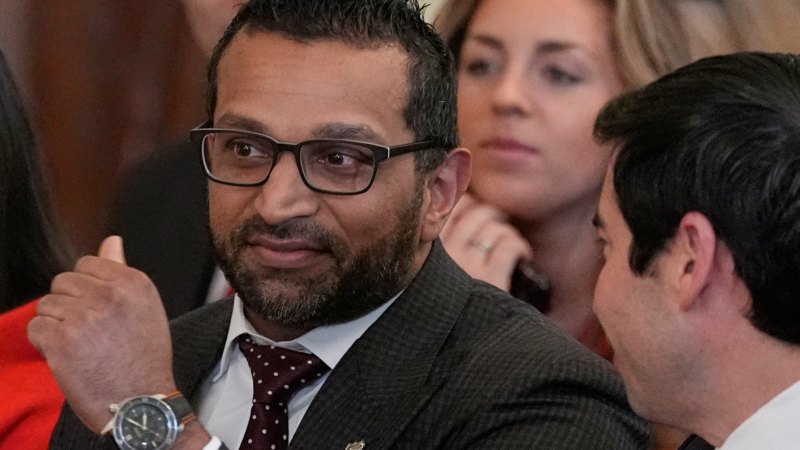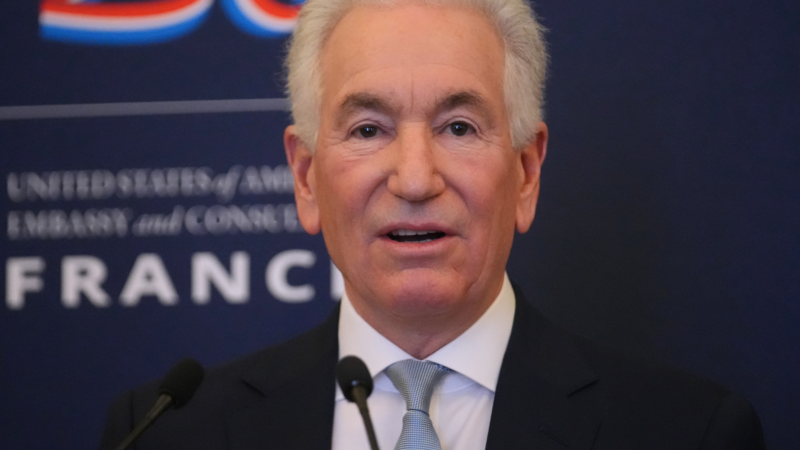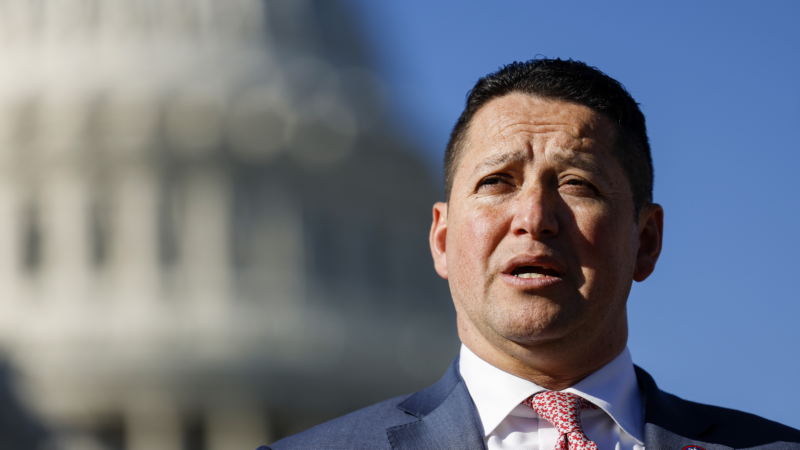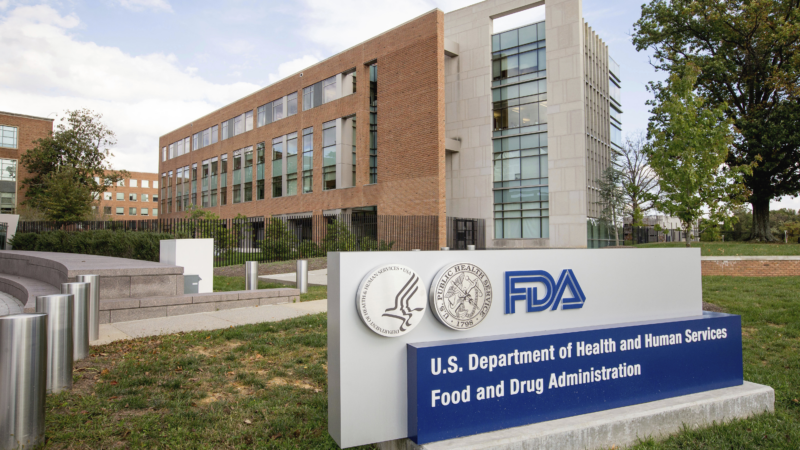Civil Rights Institute Grapples With Fallout From Davis Decision
A few weeks from now, political activist Angela Davis is expected to speak in Birmingham. This despite that earlier this month, the Birmingham Civil Rights Institute rescinded an award it initially planned to give to Davis. The decision roiled the city, sowed divisions, and led to the resignation of three board members. Officials at the Civil Rights Institute have since apologized for their handling of the issue. Now questions remain about how the organization that highlights the struggle for justice and equality from another era will recover.
At issue was Davis’ opposition to Israel’s treatment of the Palestinians. The debate over boycotting Israel has been a national issue. The board’s reversal on the Davis award led to an outcry across the U.S. and throughout Birmingham.
Davis says she was stunned by the board’s decision and called it unjust.
Many in Birmingham, like Larry Hayes, a disc jockey, are proud of Davis and her work for human rights. Hayes says he was upset by the board’s decision.
“Angela Davis is one of my heroes,” he says. “If they denied her anything, they denied me.”
The anger from the community shook up the board. Less than a week after the announcement, the three top leaders resigned. Some people called for all of them to step down.
Rev. Thomas Wilder, the board’s treasurer, acknowledges the board has done a poor job of handling the issue. .
“We caused a lot of this by the way we handled this,” he says. “Now we’ve got to try to clean it up with people calling for heads, with people calling us Uncle Toms and everything else.” Wilder is the pastor at Bethel Baptist Church in Collegeville — the same church the Rev. Fred Shuttlesworth once led. Even as the board struggles to deal with the fallout, Wilder says he gets it.
“I can understand how the African-American community feels,” he says. “You made an offer to one of our children. She’s a civil rights icon. And then to give her the award and take it back publicly is an act of humiliation.”
Wilder says the board has since made some “gut-wrenching decisions” about its future, but he would not elaborate.
The board’s makeup has to be demographically balanced, Wilder says. But achieving that goal is difficult when only a few people with community connections, money and resources are willing to serve, he says.
Critics of the board’s actions say influential Jews were behind the decision. Birmingham Mayor Randall Woodfin said in a statement he was dismayed, particularly that the decision was made “after protests from some members of the community, Jewish and otherwise.”
Days before the award was rescinded, the Birmingham Holocaust Education Center’s board wrote the BCRI saying they were concerned and disappointed with the decision to honor Davis. Efforts to reach officials with that group were unsuccessful.
That sparked divisions among the black and Jewish communities in Birmingham. The interfaith group Faith in Action recently hosted a forum meant to bridge the divide.
Jimmy Krell, a Jewish Birmingham physician, attended along with at least 50 other people from of different race, faith and ethnicities. He says one Jewish group or individual doesn’t speak for the entire Jewish community.
“I am very bothered when you have a single spokesman for a Jewish community who is not designated as that spokesman,” he says.
It should be up to the BCRI to decide on its award, Krell says.
Still, the board has to deal with lingering issues. Officials canceled the gala where Davis would have been honored. That was the institute’s big annual fundraiser. Beyond the financial toll, the Birmingham Civil Rights Institute continues to grapple with how to repair its image.
FBI director invites fresh scrutiny over travels with appearance at US men’s hockey team celebration
When the American men's hockey team retreated to their locker room to celebrate their Winter Olympics gold medal win, they were joined by a special guest from the United States: FBI Director Kash Patel.
France moves to bar US Ambassador Charles Kushner from direct government access
France's top diplomat has requested that U.S. Ambassador Charles Kushner no longer be allowed direct access to members of the French government. Kushner skipped a meeting Monday to discuss comments by the Trump administration over the beating death of a far-right activist.
GOP Rep. Tony Gonzales faces pressure from party over affair allegations
The Texas Republican is facing calls from fellow House Republicans to resign, following allegations of an affair with a staffer who later died by suicide.
In pictures: Winter storm slams the east coast
Photos of cities in Connecticut, New York, New Jersey and Massachusetts as they cope with a powerful winter storm.
The FDA creates a quicker path for gene therapies
The Food and Drug Administration aims to evaluate treatments for rare diseases based on plausible evidence that they would work — without requiring a clinical trial first.
BAFTAs apologize after guest with Tourette syndrome uses racial slur during ceremony
A man with Tourette syndrome shouted a racial slur and other offensive remarks during the BAFTA awards ceremony Sunday. The BBC did not edit out his outbursts in its delayed broadcast.







